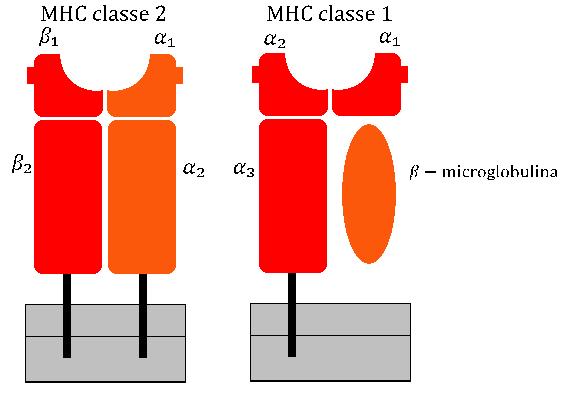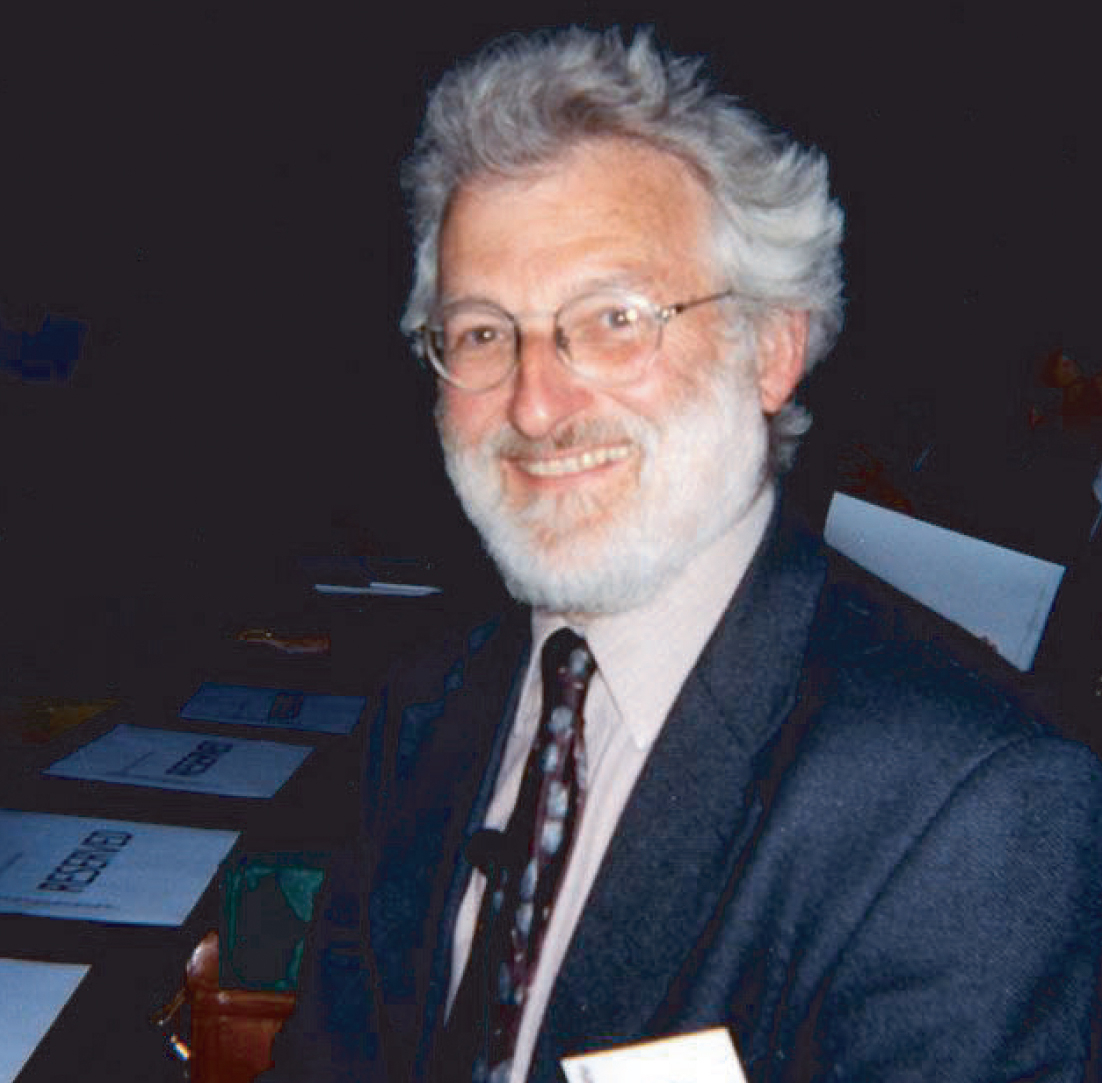|
Cryptic Epitopes
In immunology, cryptic self epitopes are a source of autoimmunity. Self epitopes, which are found in high concentration on the surface of antigen-presenting cells (APCs) in association with its major histocompatibility complex (MHC) are known as dominant epitopes. These are stimulants of negative selection mechanisms to remove potentially self destructing autoreactive T cells. Their "self" antigens are displayed to a developing T-cell and signal those "self-reactive" T-cells to die via programmed cell death (apoptosis Apoptosis (from ) is a form of programmed cell death that occurs in multicellular organisms and in some eukaryotic, single-celled microorganisms such as yeast. Biochemistry, Biochemical events lead to characteristic cell changes (Morphology (biol ...) and thereby deletion from the T cell repertoire, preventing autoimmunity. However, self epitopes which appear in very low concentration on APC are termed cryptic in the sense that they do not delete autoreactive T-c ... [...More Info...] [...Related Items...] OR: [Wikipedia] [Google] [Baidu] |
Immunology
Immunology is a branch of biology and medicine that covers the study of Immune system, immune systems in all Organism, organisms. Immunology charts, measures, and contextualizes the Physiology, physiological functioning of the immune system in states of both health and diseases; malfunctions of the immune system in immunological disorders (such as Autoimmune disease, autoimmune diseases, Hypersensitivity, hypersensitivities, immune deficiency, and transplant rejection); and the physical, chemical, and physiological characteristics of the components of the immune system ''in vitro'', ''In situ#Biology and biomedical engineering, in situ'', and ''in vivo''. Immunology has applications in numerous disciplines of medicine, particularly in the fields of organ transplantation, oncology, rheumatology, virology, bacteriology, parasitology, psychiatry, and dermatology. The term was coined by Russian biologist Ilya Ilyich Mechnikov, who advanced studies on immunology and received the Nob ... [...More Info...] [...Related Items...] OR: [Wikipedia] [Google] [Baidu] |
Autoimmunity
In immunology, autoimmunity is the system of immune responses of an organism against its own healthy cells, tissues and other normal body constituents. Any disease resulting from this type of immune response is termed an " autoimmune disease". Prominent examples include celiac disease, diabetes mellitus type 1, Henoch–Schönlein purpura, systemic lupus erythematosus, Sjögren syndrome, eosinophilic granulomatosis with polyangiitis, Hashimoto's thyroiditis, Graves' disease, idiopathic thrombocytopenic purpura, Addison's disease, rheumatoid arthritis, ankylosing spondylitis, polymyositis, dermatomyositis, and multiple sclerosis. Autoimmune diseases are very often treated with steroids. Autoimmunity means presence of antibodies or T cells that react with self-protein and is present in all individuals, even in normal health state. It causes autoimmune diseases if self-reactivity can lead to tissue damage. History In the later 19th century, it was believed that ... [...More Info...] [...Related Items...] OR: [Wikipedia] [Google] [Baidu] |
Self Epitope
In philosophy, the self is an individual's own being, knowledge, and values, and the relationship between these attributes. The first-person perspective distinguishes selfhood from personal identity. Whereas "identity" is (literally) sameness and may involve categorization and labeling, selfhood implies a first-person perspective and suggests potential uniqueness. Conversely, "person" is used as a third-person reference. Personal identity can be impaired in late-stage Alzheimer's disease and in other neurodegenerative diseases. Finally, the self is distinguishable from "others". Including the distinction between sameness and otherness, the self versus other is a research topic in contemporary philosophy and contemporary phenomenology (see also psychological phenomenology), psychology, psychiatry, neurology, and neuroscience. Although subjective experience is central to selfhood, the privacy of this experience is only one of many problems in the philosophy of self and scie ... [...More Info...] [...Related Items...] OR: [Wikipedia] [Google] [Baidu] |
Antigen-presenting Cell
An antigen-presenting cell (APC) or accessory cell is a Cell (biology), cell that displays an antigen bound by major histocompatibility complex (MHC) proteins on its surface; this process is known as antigen presentation. T cells may recognize these complexes using their T cell receptors (TCRs). APCs antigen processing, process antigens and present them to T cells. Almost all cell types can present antigens in some way. They are found in a variety of tissue types. Dedicated antigen-presenting cells, including macrophages, B cells and dendritic cells, present foreign antigens to T helper cell, helper T cells, while virus-infected cells (or cancer cells) can present antigens originating inside the cell to cytotoxic T cells. In addition to the MHC family of proteins, antigen presentation relies on other specialized signaling molecules on the surfaces of both APCs and T cells. Antigen-presenting cells are vital for effective Adaptive immune system, adaptive immune response, as the fun ... [...More Info...] [...Related Items...] OR: [Wikipedia] [Google] [Baidu] |
Major Histocompatibility Complex
The major histocompatibility complex (MHC) is a large Locus (genetics), locus on vertebrate DNA containing a set of closely linked polymorphic genes that code for Cell (biology), cell surface proteins essential for the adaptive immune system. These cell surface proteins are called MHC molecules. Its name comes from its discovery during the study of transplanted tissue compatibility. Later studies revealed that tissue rejection due to incompatibility is only a facet of the full function of MHC molecules, which is to bind an antigen derived from self-proteins, or from pathogens, and bring the antigen presentation to the cell surface for recognition by the appropriate T cell, T-cells. MHC molecules mediate the interactions of leukocytes, also called white blood cells (WBCs), with other leukocytes or with body cells. The MHC determines donor compatibility for organ transplant, as well as one's susceptibility to autoimmune diseases. In a cell, protein molecules of the host's own pheno ... [...More Info...] [...Related Items...] OR: [Wikipedia] [Google] [Baidu] |
Negative Selection (immunology)
In immunology, central tolerance (also known as negative selection) is the process of eliminating any ''developing'' T or B lymphocytes that are autoreactive, i.e. reactive to the body itself. Through elimination of autoreactive lymphocytes, tolerance ensures that the immune system does not attack self peptides. Lymphocyte maturation (and central tolerance) occurs in primary lymphoid organs such as the bone marrow and the thymus. In mammals, B cells mature in the bone marrow and T cells mature in the thymus. Central tolerance is not perfect, so peripheral tolerance exists as a secondary mechanism to ensure that T and B cells are not self-reactive once they leave primary lymphoid organs. Peripheral tolerance is distinct from central tolerance in that it occurs once developing immune cells exit primary lymphoid organs (the thymus and bone-marrow), prior to their export into the periphery. Function Central tolerance is essential to proper immune cell functioning because it help ... [...More Info...] [...Related Items...] OR: [Wikipedia] [Google] [Baidu] |
T Cells
T cells (also known as T lymphocytes) are an important part of the immune system and play a central role in the adaptive immune response. T cells can be distinguished from other lymphocytes by the presence of a T-cell receptor (TCR) on their cell surface. T cells are born from hematopoietic stem cells, found in the bone marrow. Developing T cells then migrate to the thymus gland to develop (or mature). T cells derive their name from the thymus. After migration to the thymus, the precursor cells mature into several distinct types of T cells. T cell differentiation also continues after they have left the thymus. Groups of specific, differentiated T cell subtypes have a variety of important functions in controlling and shaping the immune response. One of these functions is immune-mediated cell death, and it is carried out by two major subtypes: CD8+ "killer" (cytotoxic) and CD4+ "helper" T cells. (These are named for the presence of the cell surface proteins CD8 or CD4.) CD8+ ... [...More Info...] [...Related Items...] OR: [Wikipedia] [Google] [Baidu] |
Apoptosis
Apoptosis (from ) is a form of programmed cell death that occurs in multicellular organisms and in some eukaryotic, single-celled microorganisms such as yeast. Biochemistry, Biochemical events lead to characteristic cell changes (Morphology (biology), morphology) and death. These changes include Bleb (cell biology), blebbing, Plasmolysis, cell shrinkage, Karyorrhexis, nuclear fragmentation, Pyknosis, chromatin condensation, Apoptotic DNA fragmentation, DNA fragmentation, and mRNA decay. The average adult human loses 50 to 70 1,000,000,000, billion cells each day due to apoptosis. For the average human child between 8 and 14 years old, each day the approximate loss is 20 to 30 billion cells. In contrast to necrosis, which is a form of traumatic cell death that results from acute cellular injury, apoptosis is a highly regulated and controlled process that confers advantages during an organism's life cycle. For example, the separation of fingers and toes in a developing human embryo ... [...More Info...] [...Related Items...] OR: [Wikipedia] [Google] [Baidu] |
Clonal Deletion
In immunology, clonal deletion is the process of removing T and B lymphocytes from the immune system repertoire. The process of clonal deletion helps prevent recognition and destruction of the self host cells, making it a type of Negative selection (immunology), negative selection. Ultimately, clonal deletion plays a role in central tolerance.Jenni., Punt; A., Stranford, Sharon; P., Jones, Patricia; Janis., Kuby (2013-01-01). ''Kuby immunology''. W.H. Freeman. Clonal deletion can help protect individuals against autoimmunity, which is when an organism produces and immune response on its own cells. It is one of many methods used by the body in immune tolerance. Discovery Central tolerance and clonal deletion did not get much attention in the early years of immunology. Macfarlane Burnet, Frank Macfarlane Burnet was the first to suggest the idea of clonal deletion. A couple key findings helped Burnet's in this discovery. In 1936, Erich Traub demonstrated that when a developing m ... [...More Info...] [...Related Items...] OR: [Wikipedia] [Google] [Baidu] |
Immunology
Immunology is a branch of biology and medicine that covers the study of Immune system, immune systems in all Organism, organisms. Immunology charts, measures, and contextualizes the Physiology, physiological functioning of the immune system in states of both health and diseases; malfunctions of the immune system in immunological disorders (such as Autoimmune disease, autoimmune diseases, Hypersensitivity, hypersensitivities, immune deficiency, and transplant rejection); and the physical, chemical, and physiological characteristics of the components of the immune system ''in vitro'', ''In situ#Biology and biomedical engineering, in situ'', and ''in vivo''. Immunology has applications in numerous disciplines of medicine, particularly in the fields of organ transplantation, oncology, rheumatology, virology, bacteriology, parasitology, psychiatry, and dermatology. The term was coined by Russian biologist Ilya Ilyich Mechnikov, who advanced studies on immunology and received the Nob ... [...More Info...] [...Related Items...] OR: [Wikipedia] [Google] [Baidu] |




